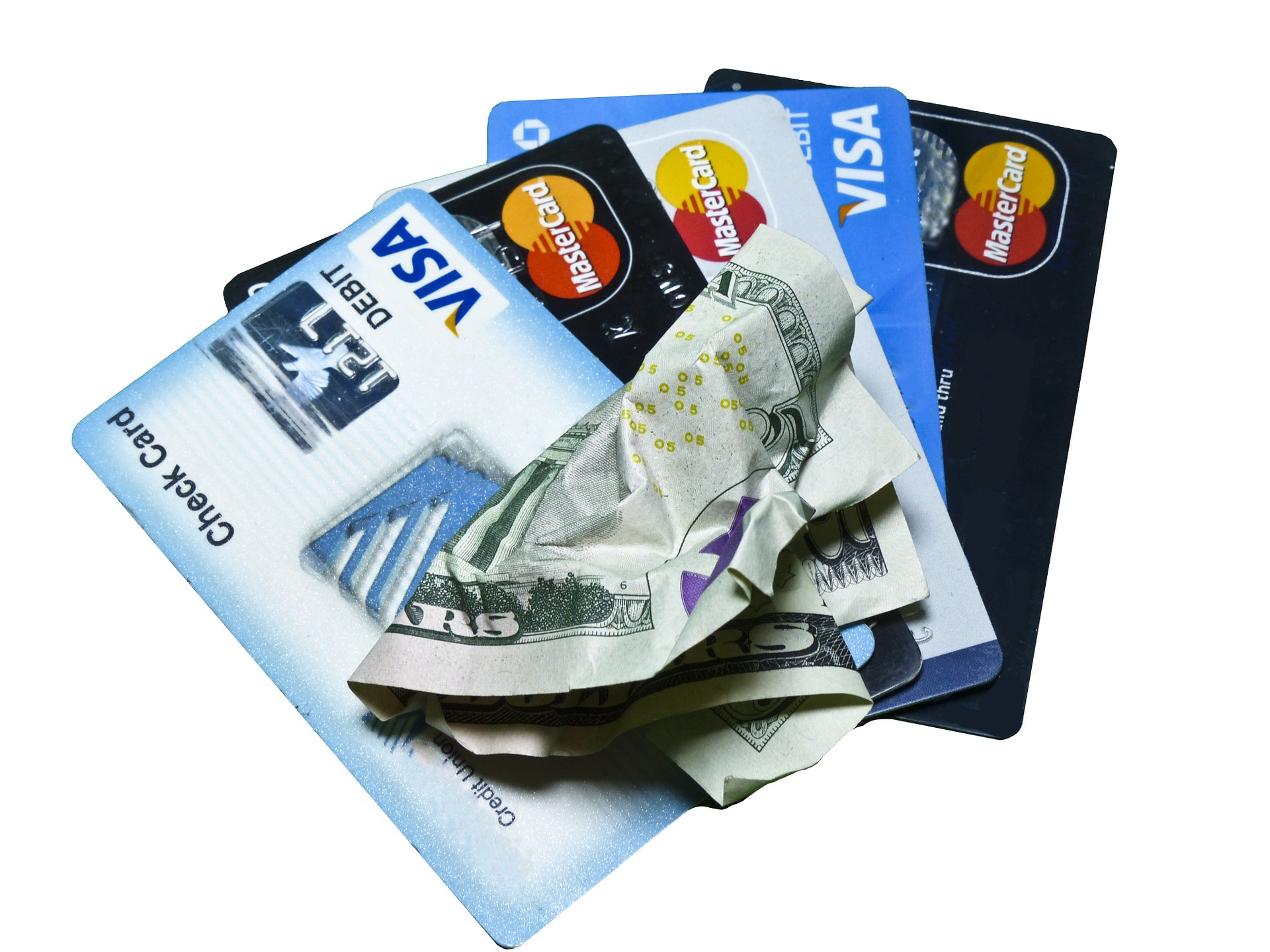“Bad credit? No credit?” Wait. What is credit? And how do you get some?
Before you can start building credit, it’s important to understand what credit actually is. Credit is a record of your ability to receive goods or services based on your promise to pay it off in the future. This ability is reflected in your credit score—a number associated with how well you can follow through on that promise to pay off your purchases.
Trying to establish credit as a young adult can feel like a catch-22: you can’t establish credit without a credit card, but you can’t get some credit cards without having credit.
The banking world is not insensitive to this struggle. Most banks and credit card companies understand the difficulty of starting to build credit as a young adult, so they have cards that cater specifically to young adults just starting out in the world of credit. These cards require low minimum monthly payments and generally have a low credit limit to protect you and the bank from excessive spending.
Once you get your credit card, though, you need to be contentious about how you use it, otherwise you could end up with a poor credit score. The credit you start building now will help you—or hurt you—in the future when you take out car loans, student loans, or a mortgage for your home. Keep the following pieces of advice in mind when using your card, and you’ll be on your way to good credit.
Smart Spending: A credit card looks like a small piece of plastic filled with endless possibilities. While a credit card does allow you to make purchases you otherwise couldn’t afford all at once, you need to stick to purchases you can actually afford to pay off. The easiest way to ensure you don’t go crazy with your credit card is to make a budget. Decide how much you can afford to spend on your card payment every month based off your income and stick to that budget. If you max out your credit card (hit the spending limit) and you can’t pay it back, that will seriously hurt your credit score.
Pay it Forward: When you use your credit card, the card company and establishment you’re buying from are trusting you to pay them back in the future. If you don’t, your credit score will suffer. This may seem like the simplest step in building credit, but it is also the most important: pay off the minimum payment (or more) on your card on time every month. Don’t let your credit score suffer because you forgot to make a payment; set a reminder every month to pay the minimum.
Paper or Plastic?: Some people make arbitrary decisions when choosing whether to pay with a credit card or debit card/cash. Be methodical about when you use your credit card. Playing a silent game of eenie, meenie, miney, mo between your cash and credit card at the store won’t help you build credit. Credit cards are best for big ticket items (electronics, hotels, etc.) because they allow you to pay off your purchases over time. In other cases, a debit card or cash is the better choice; smaller purchases like groceries or a latte on your way to class are best paid for with cash. This will keep your credit card balance at a manageable level.
Building credit is one of the many rites of passage into the adult world, and will follow you through your entire adult life. Start off on the right foot by spending responsibility, making your minimum payments on time and being methodical about when you use your credit card. “Bad credit? No credit?” Not you!